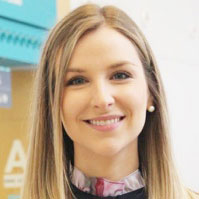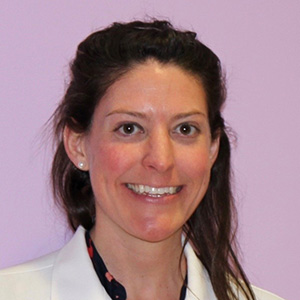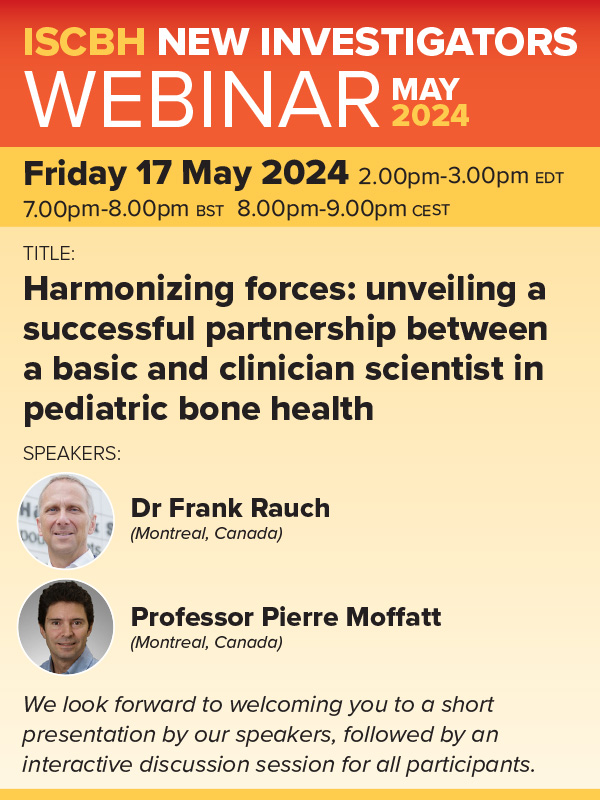New and Emerging Investigators
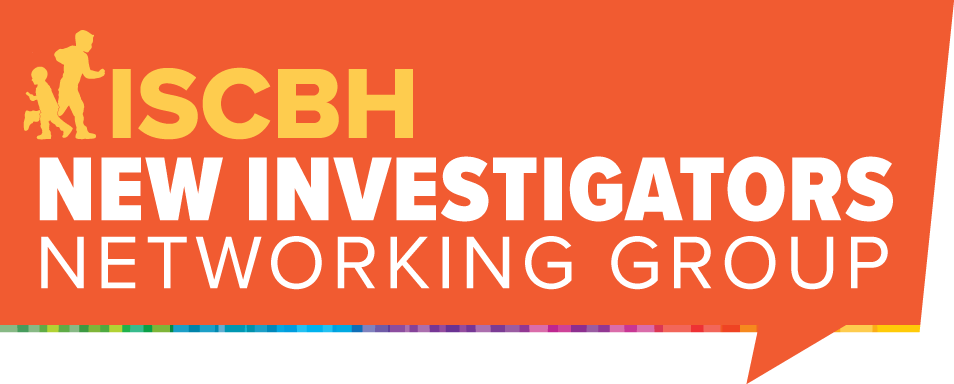
In the spirit of fostering the exchange of ideas and peer support for new investigators from around the globe, the ISCBH New Investigator Network was established in late 2020.
Network goals:
- Identify a group of new investigators in the field of paediatric bone health to facilitate collaboration within that group
- Offer timely support and a feeling of belonging among the new investigator community
- Provide dedicated NI sessions to expand knowledge and skills specific to paediatric bone health research
The group organises quarterly webinar meetings and if you are a new investigator we encourage you to get involved! Membership of the group is totally free of charge. In the past we’ve organised meetings on topics such as:
- Grants – How to get your research project funded
- How to prepare and deliver a good talk
- Networking for introverts/beginners
- Boost your career with social media
If you’re interested in knowing more please don’t hesitate to contact us.
Look forward to hearing from you!
Marie-Eve Robinson and Jeanne Franzone
ICCBH NI Co-Chairs
Webinars
ISCBH New Investigators Webinars 2024
DATE & TIME:
Friday 17 May 2024
2.00pm-3.00pm (EDT) / 7.00pm-8.00pm (BST) / 8.00pm-9.00pm (CEST)
TITLE:
Harmonizing forces: unveiling a successful partnership between a basic and clinician scientist in pediatric bone health
SPEAKERS:
Dr Frank Rauch
Montreal, Canada
Professor Pierre Moffatt
Montreal, Canada
CHAIRS:
Dr Marie-Eve Robinson MD, Ottawa, Canada
Dr Jeanne Franzone MD, Delaware, USA
LEARNING OBJECTIVES:
- Present an example of a productive collaboration between a basic and clinician researcher
- Discuss ways to maintain such a collaboration
- Provide an open forum for discussion with attendees about potential challenges they face in establishing a partnership with a basic science research or with a clinician
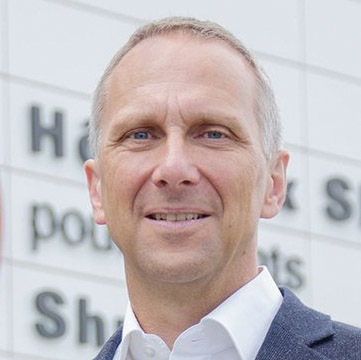
Dr Frank Rauch
Frank Rauch, MD, is a Professor of Pediatrics and clinician-scientist at the Shriners Hospital for Children and at McGill University. His clinical activities and research program concentrate on improving bone health in children, with a special focus on genetic conditions leading to fractures and on the role of the muscle system in bone diseases. In his recent work, Dr Rauch has identified new genetic causes of brittle bone disorders and has assessed the long-term effects of bisphosphonate treatment in children with osteogenesis imperfecta. He is also collaborating with Statistics Canada in a study that assesses muscle and bone health in Canadians. Dr Rauch has authored or co-authored more than 200 original publications.
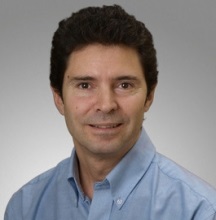
Professor Pierre Moffatt
I am an investigator at the Shriners Hospitals for Children, and Associate Professor and Graduate Program Director within the Department of Human Genetics of McGill University. Prior to joining McGill, I worked in local biotech industries as a senior scientist, and subsequently for 2 years at the Faculty of Dentistry at University de Montreal. My expertise and interest cover molecular, cellular, and physiological aspects of calcified tissues. My research program focuses on the functional characterization of genes encoding secreted and membrane proteins, expressed in bones and teeth. Through ongoing collaborative work we are studying a unique set of genes and proteins (AMTN, ODAM, SCPPPQ1) involved in enamel formation and gingiva structure maintenance. In addition, my lab has actively participated in the discovery of genes (P4HB, SPARC, RUNX2, WNT1, PLS3, SERPINF1, BMP1, SP7) causing novel types of osteogenesis imperfecta or low bone mass syndromes in children. My current research efforts are focusing on the bone-restricted ifitm-like (BRIL), a transmembrane protein expressed specifically in bone forming cells (osteoblast). Mutations in the BRIL/IFITM5 gene in humans cause osteogenesis imperfecta. To understand the mechanistic consequences of BRIL in the disease, we are characterizing and further establishing several genetically engineered mouse models through CRISPR-approaches. Another project aims to develop new treatment methodologies (viral vector delivery of silencing RNA) for the treatment of osteogenesis imperfecta. In parallel, we are investigating other interesting, secreted molecules, that affect longitudinal bone growth through regulation of chondrocyte activity.
Previous New Investigator Webinars

